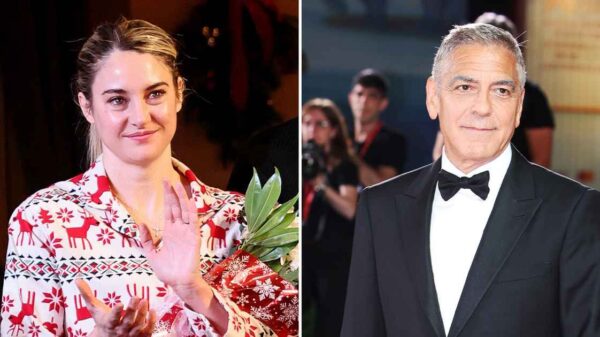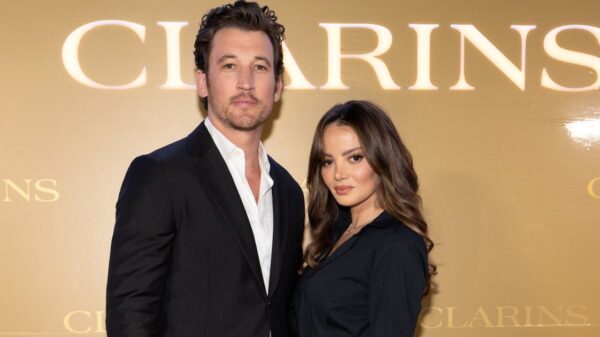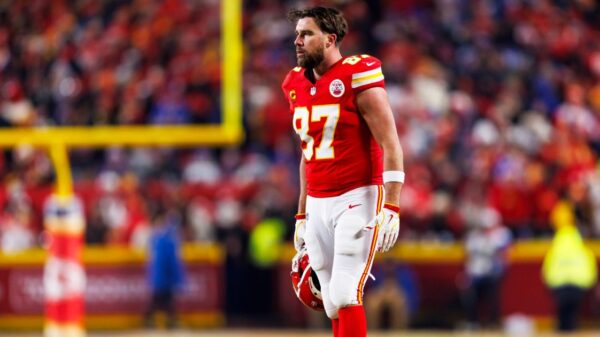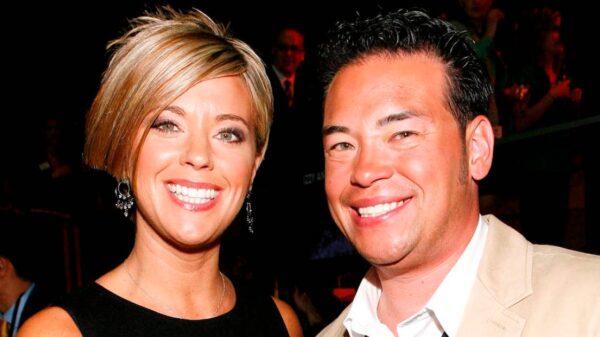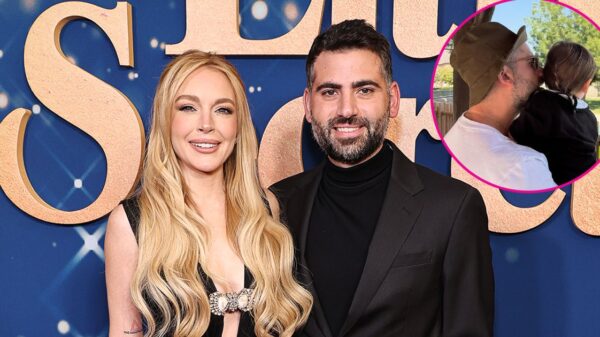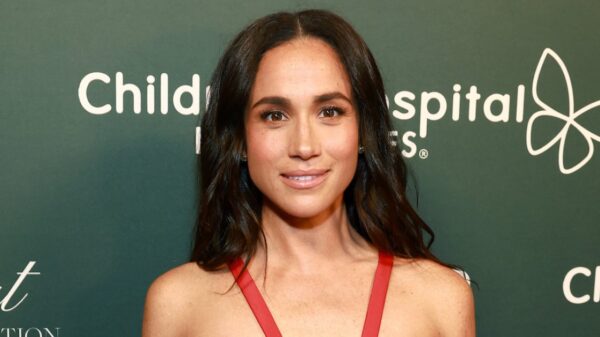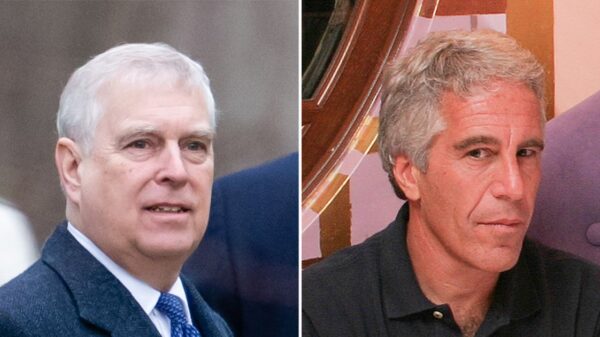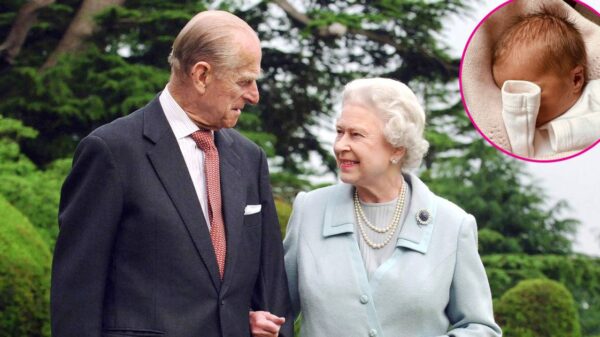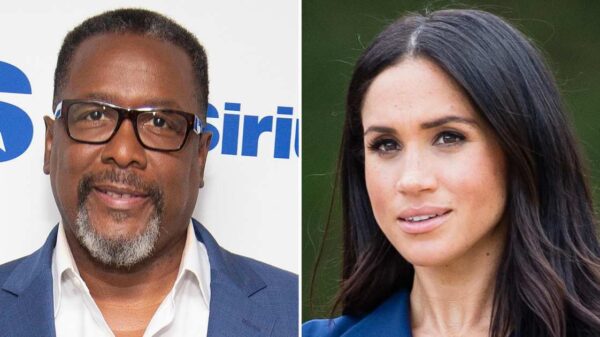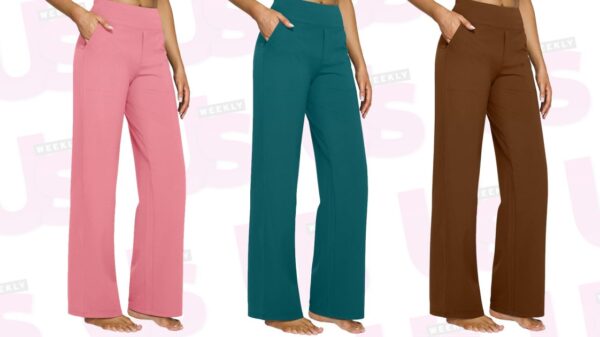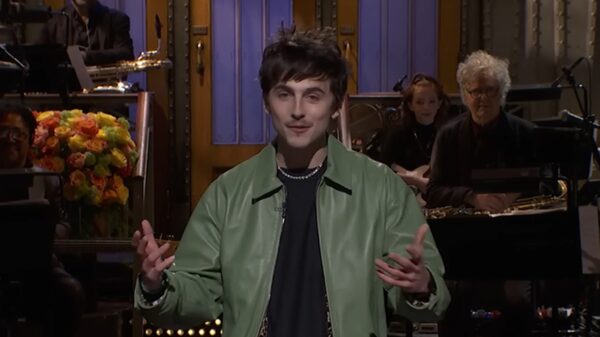In an era where streaming dominates the way people listen to music, some of the world’s most famous artists have publicly criticized services like Spotify for unfair payouts and exploitative business models.
Spotify, in particular, has faced criticism for partially paying out royalties to artists using a market share metric, based on the number of streams for a musician or band’s songs as a proportion of all songs streamed by subscribers. This model stands in contrast to physical sales or downloads, where an artist earns a set fee for every song or album sold. Others have criticized Spotify and competing streamers for amplifying misinformation surrounding the COVID-19 pandemic and other hot-button political issues.
Keep scrolling to see which artists have been critical of streaming music services over the years.
Taylor Swift
One of the first and most notable protests against Spotify’s business practices took place in 2014, when Taylor Swift pulled her discography from the service. She later told Rolling Stone that she was “not willing to contribute [her] life’s work to an experiment that [she didn’t] feel fairly compensates the writers, producers, artists and creators of this music.”
Spotify responded by launching a social media campaign to encourage Swift to change her mind. The company’s CEO, Daniel Ek, subsequently wrote an open letter claiming that its “payouts for a top artist like Taylor Swift” would surpass $6 million a year, though Swift’s then-record label, Big Machine, disputed those figures.
The disagreement carried on for three years until Swift allowed her full discography to return to Spotify in June 2017 following the success of her 1989 album. A statement from her representatives at the time explained: “In celebration of 1989 selling over 10 million albums worldwide and the RIAA’s 100 million song certification, Taylor wants to thank her fans by making her entire back catalog available to all streaming services.”
Related: Drake and More Musicians Who’ve Called Out the Grammys
For almost as long as the Grammys have existed, musicians have criticized the voting process, the nominations and the winners. Grammy disses have taken many forms over the years, but in the 21st century, much of the commentary has focused on the awards show’s history of excluding women and Black artists from the major categories. […]
Swift recently recorded a message for Spotify subscribers after being named the streamer’s top artist for the second year in a row in 2024 with more than 26.6 billion streams.
“I just wanted to say thank you so much for being one of my top listeners on Spotify, that’s so nice of you,” Swift told fans in a video message. “I look back on this year and I think about how special you guys made it for us being on the Eras Tour.”
Jay-Z
Fans of hip-hop icon Jay-Z have endured his music being pulled from Spotify on multiple occasions. Jay has had a tumultuous relationship with all of the major streamers over the years, in part because he co-founded competing service Tidal in 2014.
Beyoncé, Rihanna, Kanye West, Nicki Minaj and Madonna were among the artists who joined Jay-Z at the launch of his streaming brand, where they were described as “the owners of Tidal” with equity in the streaming service.
Jay-Z told The New York Times that he’d founded his own streamer in order to “get everyone to respect music again” and “recognize its value.” Tidal offered higher percentages of music royalties to both artists and songwriters, as well as high-fidelity audio for subscribers.
Following an initial boycott, Jay-Z’s music eventually returned to Spotify in celebration of his 50th birthday in 2019. His company Tidal has faced high-profile criticism from former collaborators West and Minaj in recent years.
Drake
Spotify was unexpectedly dragged into the epic hip-hop feud between Drake and Kendrick Lamar in late 2024.
Drake’s company Frozen Moments accused his and Lamar’s record label, Universal Music Group, of conspiring with Spotify to inflate streaming figures for Lamar’s diss track “Not Like Us.”
His initial legal filing alleged that UMG “launched a campaign to manipulate and saturate the streaming services and airwaves” for “Not Like Us” and offered to license the track to Spotify for a 30 percent discount to boost its placement in streaming recommendations.
Related: Cha-Ching! Rihanna, Kim Kardashian and Other Celebrity Billionaires
Though many celebrities are very, very rich, only a handful have actually achieved billionaire status. The 10-figure club is mostly populated by entrepreneurs and business magnates — people including Elon Musk, Bill Gates and Jeff Bezos. Celebrities who breathe that rarefied air have usually diversified their portfolios to include all kinds of partnerships, investments and […]
Spotify denied it had “any arrangement” with UMG over inflating “Not Like Us” streams and sought to dismiss the suit by arguing Drake’s allegations were a “subversion of the normal judicial process.” UMG also denied Drake’s claims, calling them “offensive and untrue.”
The legal wrangling between both sides has continued into 2025, when Drake filed a lawsuit against UMG for agreeing to “publish, promote, exploit, and monetize allegations” in Lamar’s track that were “not only false, but dangerous.” UMG has denied those accusations.
Björk
Icelandic musician Björk held nothing back when she described Spotify as “probably the worst thing that has happened to musicians” in a January 2025 interview with Swedish outlet Dagens Nyheter.
The “It’s Oh So Quiet” singer argued that many young and unestablished artists are now essentially required to make their living from touring because streaming royalties are so low.
“I’m lucky because I no longer have to raise money on touring, which younger musicians are often forced to do,” Björk pointed out.
Despite Björk’s criticism of the streamer, her discography is still available on Spotify as of January 2025.
Garth Brooks
For years, the only way country music legend Garth Brooks’ fans were able to listen to his music was through physical media.
Brooks confirmed in 2017 that he’d met with the heads of both Apple Music and Spotify about licensing his catalog digitally but ultimately walked away from making any deals.
“They came in with their own set of rules, and if you’re already established, you have to change to get to them,” the singer told Billboard of Apple Music. “I’m never going to change to fit their rules. Nice guys, we have respect for each other, we’re just never going to work together. So we were kind of dead in the water.”
When Amazon Music became the streaming home for Brooks’ music in 2017, the star said: “It is a joy to work with a company that is all about the customer when it comes to service, and all about the music and its creators when it comes to the music.”
Brooks told attendees of the Country Radio Seminar in 2023 that he chose to sign with Amazon because it is “a retailer as well” and thus would be motivated to “move those physical units so the songwriters get paid.”
Joanna Newsom
Progressive folk artist Joanna Newsom was an early and ardent critic of Spotify in 2015 when she likened the streamer to “a villainous cabal of major labels” in an interview with The Los Angeles Times.
Newsom accused streamers of trying to “circumvent the idea of paying their artists” and dismissed their royalty payouts as “infinitesimal.”
Related: Pat Benatar, Christine McVie and More Artists Who Sold Music Catalogs
There’s a new way for your favorite musician stars to get paid, and it’s by selling the rights to their music. Publishing rights usually stay with publishers and songwriters, with recorded writs belonging to labels and performers. Over the recent years, firms like Hipgnosis Songs Fund, Primary Wave, and Litmus Music (a catalog rights company […]
“It’s set up in a way that they can just rob their artists, and most of their artists have no way to fight it because they’re contractually obligated to stay with the label for X amount of time and you can’t really opt out. It’s a garbage system,” Newsom argued.
Spotify responded in a statement by suggesting the singer had “misunderstandings about how [it] works to support artists” and credited its business model as “the single biggest driver of growth in music” at the time.
The streamer’s argument seemingly didn’t change Newsom’s mind because, as of 2025, her discography is still not available on Spotify. However, her music is now on Apple Music and Deezer.
Prince
For much of the 2000s, Prince rigorously blocked his music from iTunes and even YouTube. The enigmatic rocker told The Daily Mirror in 2010 that he didn’t want to participate in what he deemed a passing fad.
“The internet’s completely over. I don’t see why I should give my new music to iTunes or anyone else. They won’t pay me an advance for it and then they get angry when they can’t get it,” he said. “The internet’s like MTV. At one time, MTV was hip and suddenly it became outdated. Anyway, all these computers and digital gadgets are no good. They just fill your head with numbers and that can’t be good for you.”
Prince later agreed to make Jay-Z’s Tidal the exclusive streaming home for his final two albums only a few months before his death in 2016. The musician’s estate then partnered with both Spotify and Apple Music on a wider release for his extensive back catalog.
Neil Young and Joni Mitchell
Canadian rock legends Neil Young and Joni Mitchell took a stand against Spotify for platforming controversial podcaster Joe Rogan during the COVID-19 pandemic in 2022.
Young shared a lengthy statement via his website accusing Spotify of becoming a “very damaging force via its public misinformation and lies about COVID” on The Joe Rogan Experience, where the host and guests were accused of promoting misleading public health information.
“I want you to let Spotify know immediately today that I want all of my music off their platform. They can have Rogan or Young. Not both,” Young vowed.
Mitchell followed suit in removing her content from Spotify, after accusing the streamer of promoting “irresponsible people [who] are spreading lies that are costing people their lives”.”
“I stand in solidarity with Neil Young and the global scientific and medical communities on this issue,” the singer-songwriter wrote via her website.
Young’s former bandmates in Crosby, Stills, & Nash and E Street Band member Nils Lofgren left Spotify in solidarity with the “Rockin’ in the Free World” musician as well.
Spotify responded with a statement saying it wanted “all the world’s music and audio content to be available” to its subscribers and hoped to “welcome [Young] back soon.”
Young and Mitchell held back their music from Spotify for two years, before both of their catalogs were once again made available on the streamer in 2024.
“Other music services [such as] Apple, Amazon, Qobuz, Tidal … have started serving the same disinformation podcast I had opposed at Spotify,” Young acknowledged in a statement. “Because I cannot leave all those services like I did Spotify, because my music would have no streaming outlet to music lovers at all, I have returned.”
Read the full article here









